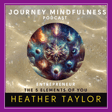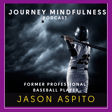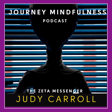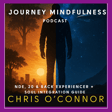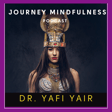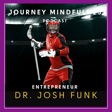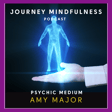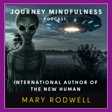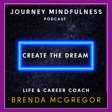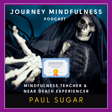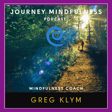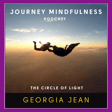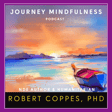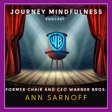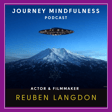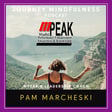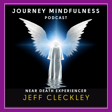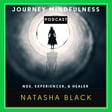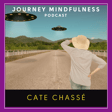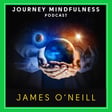
Living Creatively with ADHD: Lineliz Vassallo on Healing, Writing, and Rediscovering Joy
On this episode of the Journey Mindfulness Podcast, James talks with the wonderful Lineliz Vassallo, an integrative health specialist, creative writer, ADHDer, & future novelist. She authentically discusses her journey after receiving an ADHD diagnosis as a young woman in college and the challenges she has had to learn to flow through in life, as well as overcoming some of the pitfalls of traditional psychotherapy and medication management. Her courage to share her experience learning how to thrive and find flow with ADHD, and becoming an expert mindfulness teacher along the way, her wisdom, and willingness to be open & vulnerable on her own healing journey on this episode will be valuable to the many people who deal with symptoms of ADHD. May you all find flow and joy in life as we transition into the new year!
***
To learn more about Lineliz and her creative writing & Inspiration see below:
Substack: https://substack.com/@3jewels
Socials:
Instagram: https://www.instagram.com/li.neliz/
Twitter (X): https://x.com/RadiantCalm
LinkedIn: https://www.linkedin.com/in/liz-vassallo/
***
To learn more about James and Journey Mindfulness:
https://journeymindfulness.com/
***
Free Warrior Spirit Guided Meditation:
https://www.journeymindfulness.com/warrior_spirit_meditation
***
Mindfulness Based Stress Reduction 8 Week Online Course
(Self-Guided):
https://www.journeymindfulness.com/MBSR
***
Guided Self-Hypnosis to Conquer Fear & Doubt (digital download)
https://www.journeymindfulness.com/hypnosis
***
Socials:
YouTube: https://www.youtube.com/@Journey_Mindfulness
Instagram: https://www.instagram.com/mindfulbmore/
Twitter (X): https://x.com/MindfulBmore
Facebook: https://www.facebook.com/MindfulBmore/
Have an interesting story? Contact me and you can be a guest on the show.
DISCLAIMER: This show is for entertainment purposes only, not intended to replace medical advice. Please seek licensed medical professionals for help.
